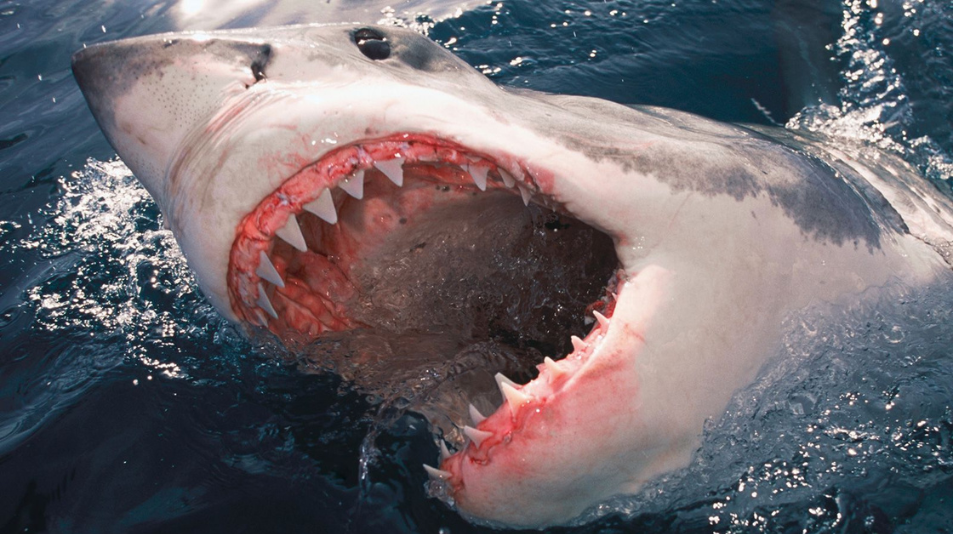
Shark Attacks: Unraveling Myths Amidst the Greater Human Threat
Shark attacks, often sensationalized in media, are a focal point of oceanic fears. Yet, as we dive deeper into the narratives surrounding these marine predators, it becomes evident that the real story isn’t just about these rare encounters but also about the profound impact humans have on their world.
A Rare Encounter Amplified
A recent shark attack off Rockaway Beach, the first in New York City waters since the 1950s, has reignited age-old fears. However, such incidents are rare, especially when compared to the myriad dangers we face daily on land.
The Real Statistics
While shark attacks make headlines, the numbers tell a different story. In 2022, of the 89 recorded shark bites worldwide, 32 were provoked by humans. Meanwhile, humans are responsible for the deaths of approximately 100 million sharks annually.
The Brutal Practice of Finning
Sharks often fall victim to finning, a cruel practice where their fins are harvested, and the rest of the animal is discarded. Left incapacitated, these sharks face a slow and painful demise.
Climate Change and Shifting Habitats
As global temperatures rise, sharks migrate to cooler waters, leading to increased encounters with humans. These shifts, indicative of a changing oceanic landscape, are direct consequences of human-induced climate change.
Pop Culture’s Role in Demonizing Sharks
Movies like “Jaws” and “The Meg” have perpetuated the image of sharks as relentless human hunters. Such portrayals, while entertaining, distort reality and contribute to the species’ negative image.
A Call for Respect and Understanding
While enjoying the ocean’s wonders, it’s crucial to remember that we are visitors in the marine world. Respecting its inhabitants and understanding our impact can pave the way for a harmonious coexistence.
In a nutshell, while shark attacks capture headlines and ignite fears, it’s essential to view them within the broader context of marine conservation. As we reflect on our interactions with the ocean and its inhabitants, a balanced understanding can lead to better coexistence and a brighter future for all marine life.


